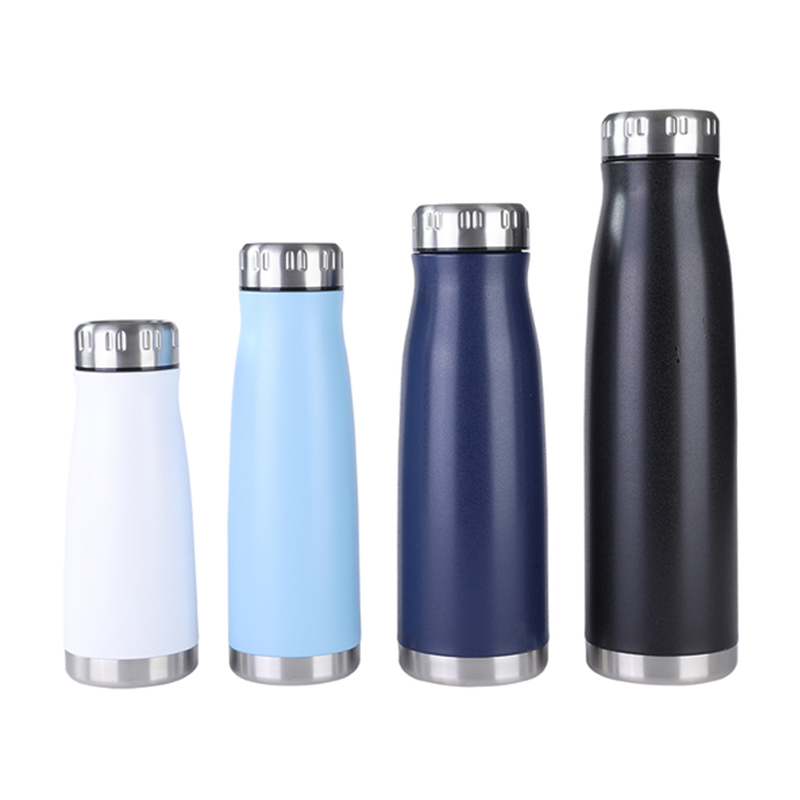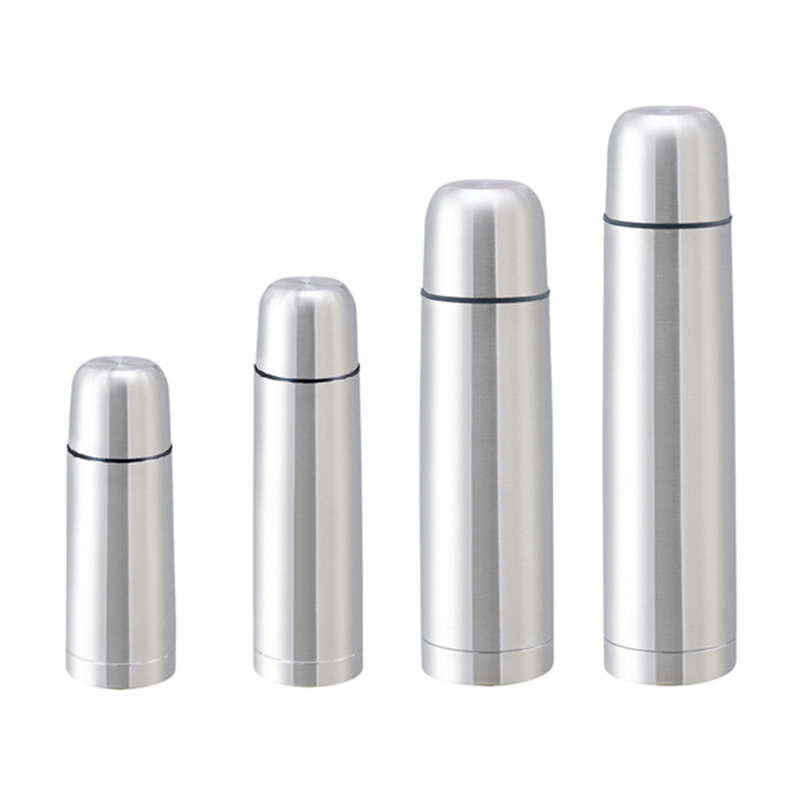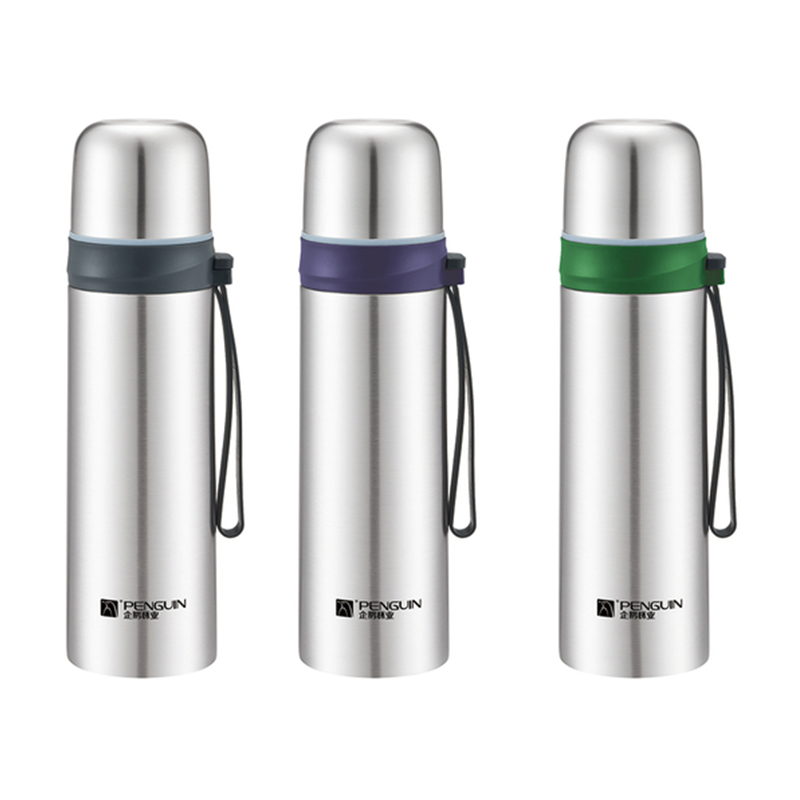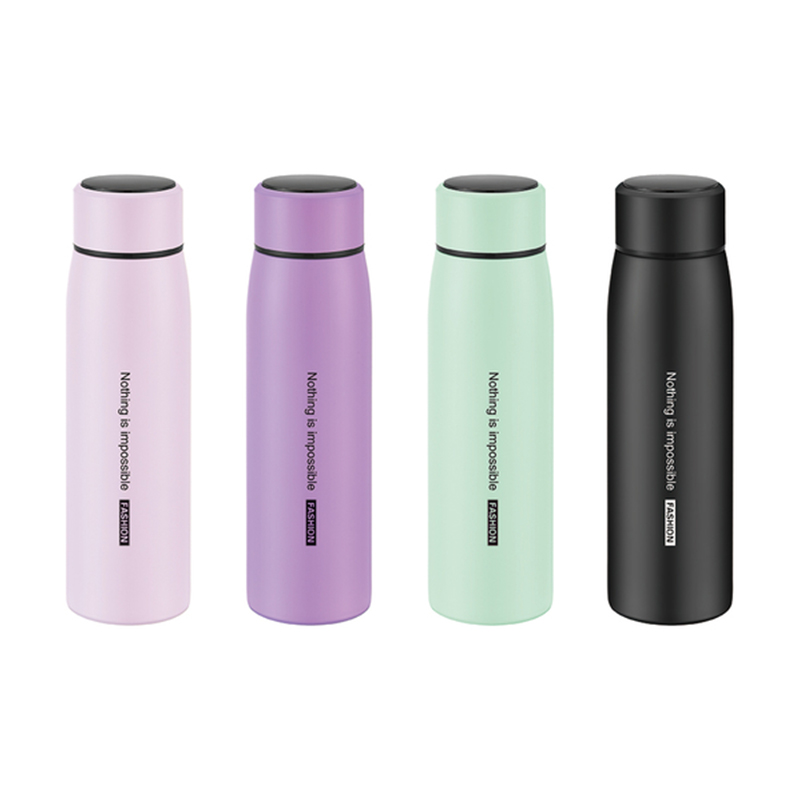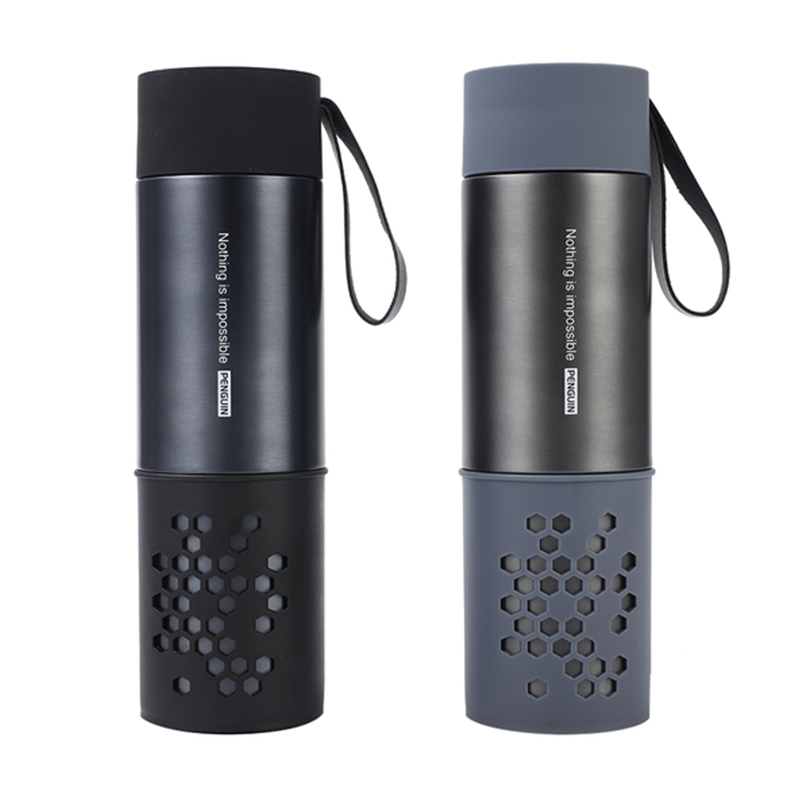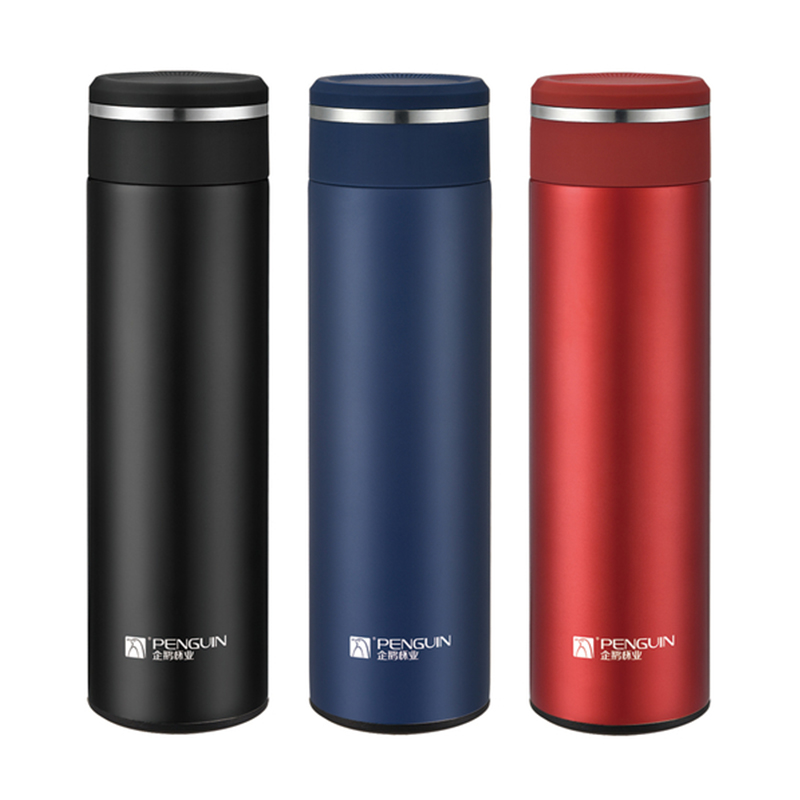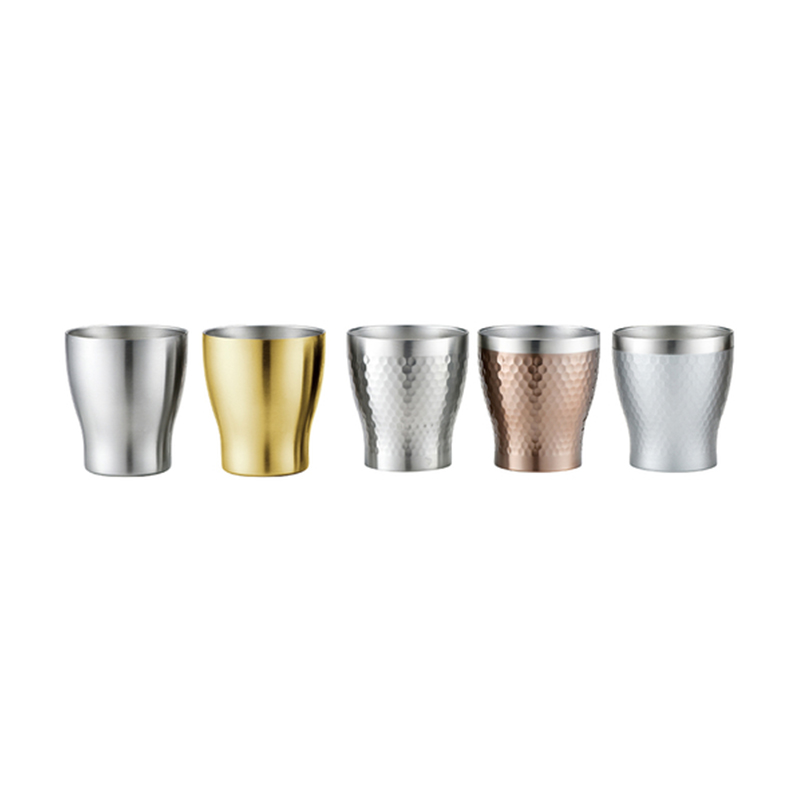Plastic Water Bottles: A Practical Buying Guide
2025-07-25
The thing to consider when buying a plastic water bottle factory is the type of plastic used in its construction. Not all plastics are created equal, and each type has its unique properties. Here are the common types:
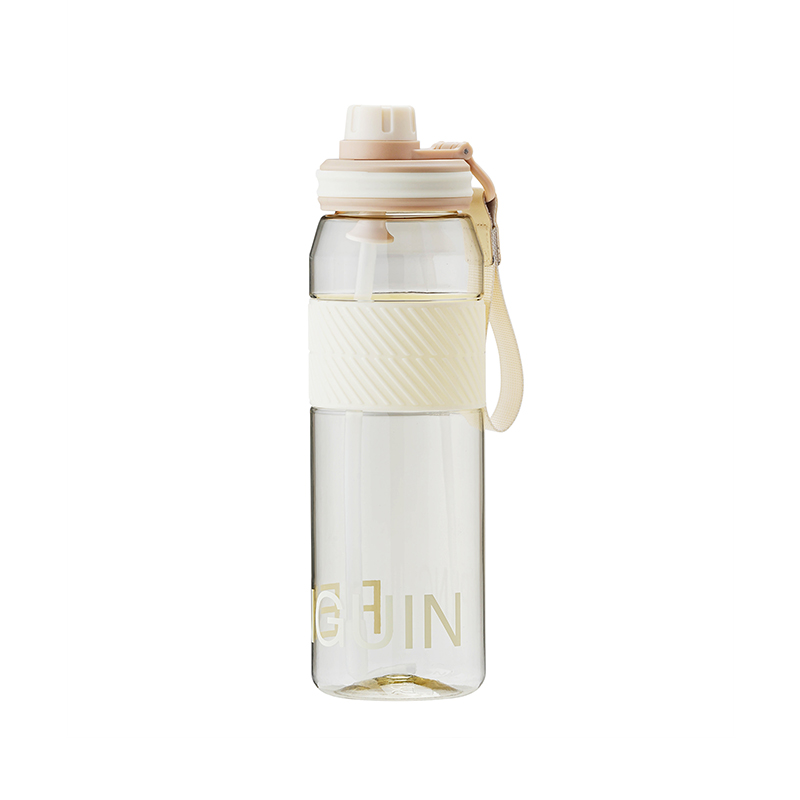
Polyethylene Terephthalate (PET or PETE):
PET is the widely used plastic for single-use water bottles. It is lightweight, transparent, and recyclable. PET bottles are a popular choice for convenience and short-term use because they are cost-effective and provide a good balance between durability and flexibility. However, PET bottles are not as durable as other types, and prolonged use can degradation.
Polycarbonate (PC):
Polycarbonate plastic is another common material used in reusable water bottles. It is known for being tough, shatter-resistant, and clear, offering better durability than PET. However, polycarbonate can contain Bisphenol A (BPA), a chemical that may leach into beverages and pose health risks. It's important to check if the bottle is BPA-free before purchasing.
High-Density Polyethylene (HDPE):
HDPE is a durable, lightweight plastic that is often used in reusable water bottles. It is resistant to impacts and chemical damage and does not leach harmful chemicals. HDPE is considered one of the safest plastic materials for storing beverages. It is also highly recyclable and often used in the production of bottles that can withstand frequent use.
Low-Density Polyethylene (LDPE):
LDPE is another common material used in plastic bottles, known for its flexibility and toughness. It is often used for bottles with a squeeze function, such as sports bottles. LDPE is a safe and lightweight plastic but may not be as durable as HDPE or polycarbonate.
Polypropylene (PP):
Polypropylene is a durable plastic that is often used for water bottles with additional features such as wide-mouth openings, sports caps, or built-in straws. It is resistant to chemicals and moisture and is also BPA-free. PP is a strong, impact-resistant plastic that is ideal for people who need a more rugged and long-lasting bottle.
The size of the water bottle is one of the factors to consider when making a purchase. Plastic water bottles come in various capacities, typically ranging from 12 oz to 64 oz or more. The right size for you depends on your daily water consumption, lifestyle, and intended use.
Small Bottles (12 oz – 16 oz): Ideal for quick hydration during short outings or for children.
Medium Bottles (18 oz – 32 oz): good for daily use, commuting, or the gym.
Large Bottles (40 oz – 64 oz): Suitable for longer outdoor activities, hiking, or for individuals who need to carry large amounts of water throughout the day.
The design and shape of the bottle play a significant role in its functionality and convenience. Water bottles come in various shapes, including cylindrical, square, and ergonomic forms. The design influences how easily the bottle fits in your bag, cup holder, or backpack.
Ergonomic Designs: Often include handles or contoured shapes for better grip and comfort.
Slim or Narrow Bottles: These are easier to fit into smaller spaces and are a good option for travel or gym bags.
Wide Mouth Bottles: Ideal for adding ice cubes, cleaning, or adding powders (such as protein powder) into the bottle.
The type of cap is another important factor to consider. Depending on your preferences, you may want a screw-on cap, flip-top lid, or a straw lid. Some bottles also feature a push-pull lid or a twist cap for easy sipping.
Screw-On Caps: Provide a secure, leak-proof seal and are ideal for daily use.
Flip-Top Lids: Offer one-handed operation, making them ideal for athletes or busy individuals on the go.
Straw Lids: Convenient for drinking without tilting the bottle, especially when driving or walking.
Wide-Mouth Caps: These are great for easy cleaning and for those who need to add ice or fruit slices to their drink.



 English
English  日本語
日本語  Deutsch
Deutsch 




